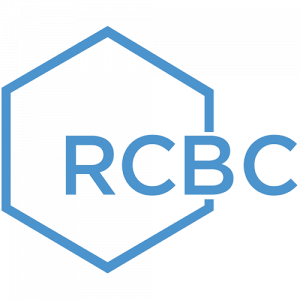How to Start your Investment Journey
Understanding the Basics of Investing

Investing can be an excellent way to grow your wealth over time. Understanding the basics is crucial for any beginner. Start by familiarizing yourself with common investment terms and concepts. Learn about stocks, bonds, mutual funds, and real estate. These are the building blocks of a solid investment portfolio.
Setting Clear Financial Goals
Before you begin investing, it’s essential to set clear financial goals. Determine what you want to achieve with your investments. Are you saving for retirement, a down payment on a house, or a child’s education? Having specific goals will help you stay focused and motivated.
Creating a Budget

A well-planned budget is the foundation of any successful investment strategy. Analyze your income and expenses to determine how much you can afford to invest. Ensure that your budget includes an emergency fund to cover unexpected expenses. This will prevent you from having to dip into your investments during a financial crisis.
Choosing the Right Investment Accounts
Selecting the right investment accounts is critical. Different accounts offer various tax advantages and benefits. Consider options such as Individual Retirement Accounts (IRAs), 401(k) plans, and brokerage accounts. Each account type serves a unique purpose and can help you achieve your financial goals more efficiently.
Diversifying Your Portfolio

Diversification is a key principle in investing. Spread your investments across different asset classes to reduce risk. A diversified portfolio can include a mix of stocks, bonds, real estate, and other assets. This strategy helps protect your investments from market volatility. One venture that a beginner can explore is investing in memorial lots. They are entry level real estate investment that has high appreciation value if you invest with the right developer like Golden Haven Memorial Parks.
Understanding Risk Tolerance
Knowing your risk tolerance is essential for making informed investment decisions. Assess how much risk you are willing to take. This will depend on your financial goals, time horizon, and personal comfort level. Higher risk investments can yield higher returns, but they also come with greater potential for loss.
Staying Informed and Educated

The investment world is constantly evolving. Stay informed by reading financial news, books, and taking courses. Educating yourself will help you make better investment decisions and stay ahead of market trends.
Seeking Professional Advice
Consider consulting a financial advisor, especially if you’re new to investing. A professional can provide personalized advice and help you create a comprehensive investment plan. They can also offer insights into market conditions and investment opportunities.
Starting Small and Being Patient

It’s important to start small, especially if you’re a beginner. Don’t rush into large investments without thorough research. Be patient and allow your investments to grow over time. Consistent, small contributions can significantly impact your portfolio’s value in the long run.
Regularly Reviewing and Adjusting Your Portfolio

Regularly review your investment portfolio to ensure it aligns with your financial goals. Adjust your investments as needed based on market conditions and changes in your personal situation. This will help you stay on track and maximize your returns.
Starting your investment journey can seem daunting, but with the right knowledge and strategy, it can be a rewarding experience. By understanding the basics, setting clear goals, creating a budget, and seeking professional advice, you can build a solid foundation for your investments. Remember to diversify your portfolio, stay informed, and be patient. Investing is a long-term commitment that can help you achieve financial security and grow your wealth over time.




















